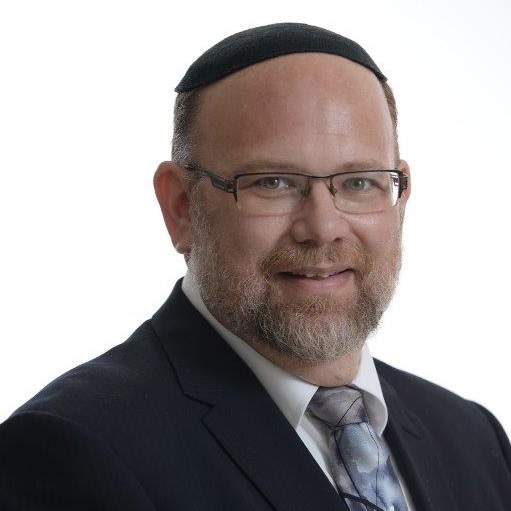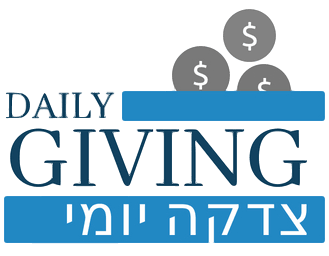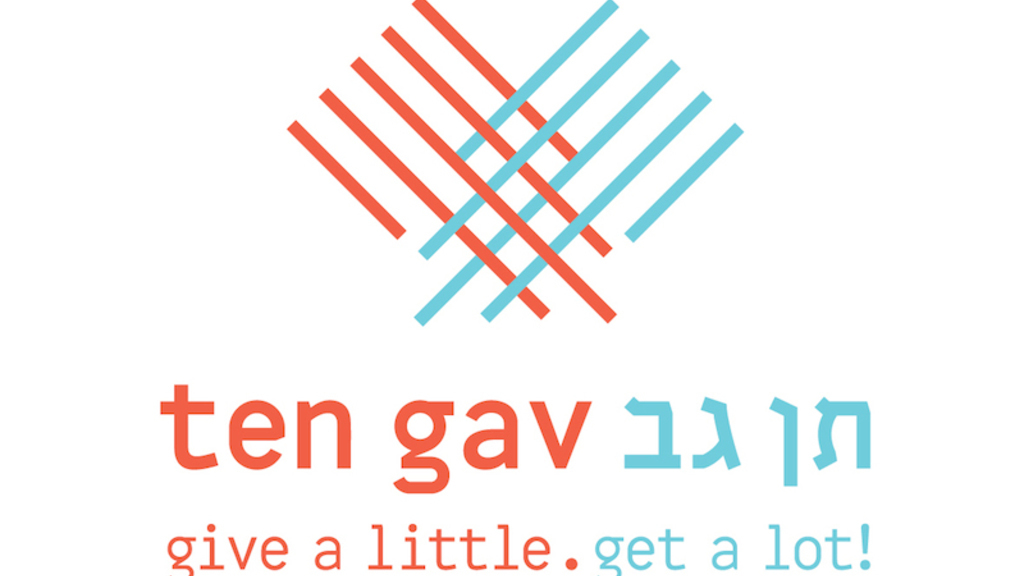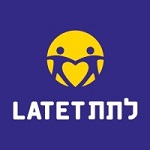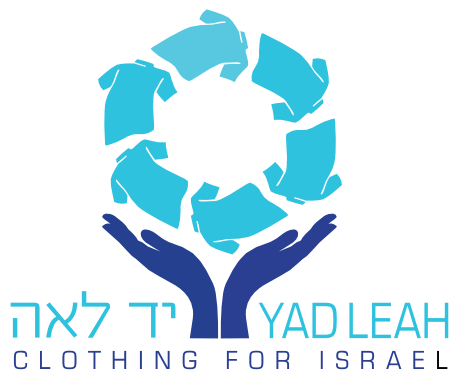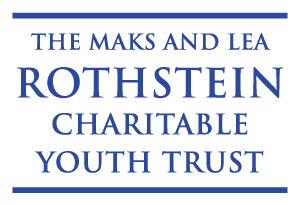Divrei Torah: Fueled By Fire
The mitzva to bring the half-shekel coin, as mentioned in Parshat Shekalim, is the balance of thought and deed.
Kindness by Design – Parshat Shekalim
There is a well-known parable that explains the relationship of thought to deed.
Deeds are vehicles that can bring ideas and concepts from “Point A to Point B”, like a car, train or boat. Thoughts are what power those deeds, similar to fuel, coal or wind. When one has deeds without thought the vehicle can not be properly powered. Thoughts without deed, however, are simply gas and a lot of hot air.
The mitzva to bring the half-shekel coin, as mentioned in Parshat Shekalim, is the balance of thought and deed.
זֶ֣ה ׀ יִתְּנ֗וּ כׇּל־הָעֹבֵר֙ עַל־הַפְּקֻדִ֔ים מַחֲצִ֥ית הַשֶּׁ֖קֶל בְּשֶׁ֣קֶל הַקֹּ֑דֶשׁ”׃” – “everyone passing by to be counted must give this—half a shekel based on the shekel of the Holy” (Shmot 30:13)
Moshe, uncertain of the commandment, asked HaShem to which coin He was referring.
The Midrash narrates His answer:
אָמַר רַבִּי מֵאִיר נָטַל הַקָּדוֹשׁ בָּרוּךְ הוּא כְּמִין מַטְבֵּע שֶׁל אֵשׁ מִתַּחַת כִּסֵּא הַכָּבוֹד וְהֶרְאָה לוֹ לְמשֶׁה זֶה יִתְּנוּ, כָּזֶה יִתְּנוּ.
“Rav Meir said: HaShem took a coin of fire from beneath the Throne of Glory and showed it to Moshe. This they should give. Like this they should give” (Bamidbar Rabba 12: 3)
The “burning” questions of Moshe were: Why was it shown made of fire, why from under the Throne and why only a half-shekel and not a whole one?
In his work Midbar Shur, Rav Kook explains that the requirement of a half-shekel is the expression of unity of the Jewish people. Each person, regardless of status, was to bring the same “half” coin. None of us are “whole” and only as a nation can we be complete. The “missing” half shekel, explains Rav Kook, represents thought. The fire is the burning desire for consideration of others, Ahavat Yisrael, which goes in tandem with our physical deeds. The source of this is the Throne of Glory, from where emanates the collective soul of the Jewish people.
Thus, G-d shows Moshe that unity occurs through deeds performed for others, powered by a communal thought/responsibility and rooted in the common bond of our souls.
And where did those half-shekel coins go?
They were made into the “adanim”, the small braces that joined the wall beams. While not easily seen, these braces were what held the Mishkan together. Without them, the Mishkan couldn’t stand. The other half-shekel funded the communal sacrifices, our connection to G-d.
The very foundations of the Mishkan, both physical and spiritual, had to come from a half coin, given equally by everyone, thus unifying the nation in thought and deed.
Today, the custom of giving of the “half-shekel” coin is purely symbolic in order to recall the mitzvah (we should soon see its return). The purpose of the half-shekel, however is still relevant today and forever.
If G-d simply wanted to raise the money for communal expenses, He would have had Moshe make a “General Campaign” and everyone would give as they see fit, as with the other contributions for the Mishkan. The wealthy could give more, the less fortunate not as much. While extremely important to the “cause”, such an appeal would not set the foundation for giving. G-d wanted us to understand that communal responsibility and deed is a great equalizer and offers everyone the opportunity to participate.
The “half-shekel” levels the playing field with a relatively small obligation. As Rav Kook explains, in our deeds it is not only what we can see or touch that matters. It’s that half-shekel of “fire’, our thoughts and intentions, not necessarily tangible, combined with actions, that compose true kindness.
What are our goals when giving charity or helping others?
Does our donation carry the expectation of recognition or reward? Are we helping someone in need to make them better or just to make ourselves feel good? How altruistic are we? Will our contributions unify us with others or elevate our status above another who may not be able to do the same?
The half-shekel sets the standard. It created the foundation that unified the nation through the physical components of the Mishkan as well as the spiritual sacrifices. A perfect combination of thought and deed.
Our giving must be in practice and with consideration. It’s not only about what we are doing in action but also the thought and desire to truly make things better for everyone else.
Shabbat Shalom
View article in original publication

